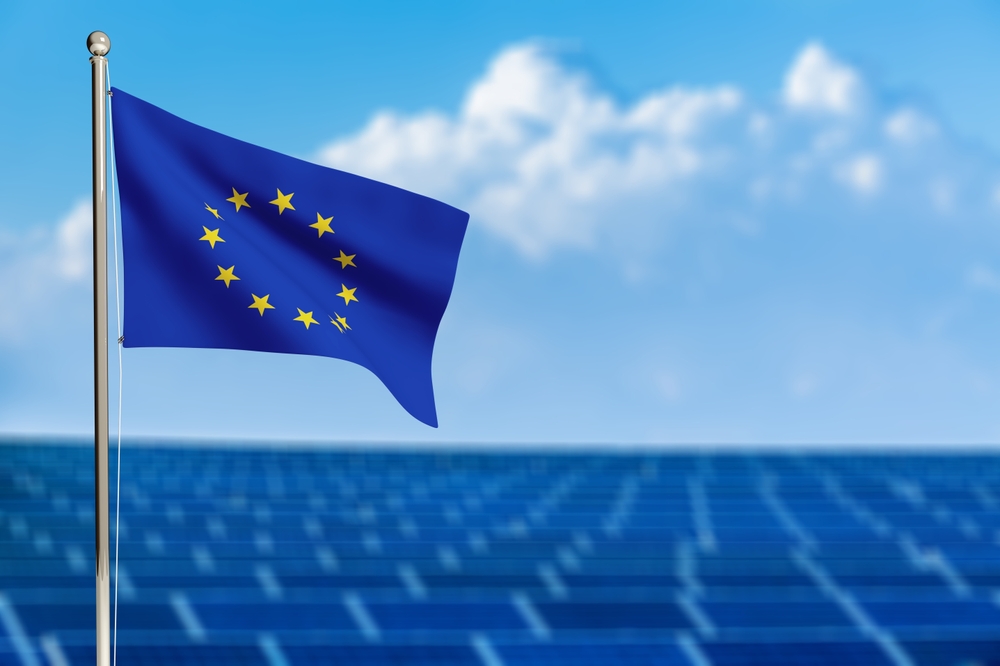The European Union has taken another decisive step towards a greener and more resilient future with the launch of 132 new projects under its flagship LIFE programme.
Supported by more than €358 million in EU funding, these initiatives will drive innovation across Europe, from restoring wetlands and protecting endangered species to promoting clean energy and a circular economy.
Together they represent one of the most ambitious waves of environmental investment in the 33-year history of the LIFE programme, and reaffirm the EU’s determination to become climate neutral by 2050.
Fundamentals of Europe’s green transition
For more than 30 years, the LIFE program has been at the heart of the European Union’s environmental strategy.
Since its founding in 1992, it has co-financed more than 6,500 projects aimed at tackling biodiversity loss, reducing emissions and conserving natural resources.
The current LIFE cycle, which runs from 2021 to 2027, has a budget of €5.43 billion and is managed by CINEA, the European Climate, Infrastructure and Environment Executive Agency.
The latest funding round, announced under the 2024 Call for Proposals, selected projects from 895 applications submitted by public authorities, businesses and civil society organizations.
Together, these efforts can help the EU reach its 2050 climate neutrality target, support green innovation and improve the quality of life for its citizens.
Large-scale funding to restore mature biodiversity
Conservation remains a central pillar of the LIFE program. More than €225 million, including €147 million from EU funds, will support 34 projects focused on habitat restoration, species conservation and ecosystem improvement across the continent.
In Sweden, the Heath LIFE project (€23.3 million) will restore approximately 2,000 hectares of heathland, creating important habitat for pollinators and reptiles.
In Poland, LIFE for RIVERS (€14.8 million) aims to restore river and wetland systems, while in Germany LIFE RePeat (€16.6 million) aims to restore carbon-rich peat bogs.
Meanwhile, Belgium’s LIFE ToadAlly (€7.3 million) will help improve the conservation status of endangered amphibians and reverse decades of decline in native species.
These projects are expected to have long-term benefits not only for biodiversity, but also for local economies and community well-being.
Circular economy and clean living
A further €133 million, including €76 million from the EU, has been allocated to 31 projects promoting circular economy and sustainable living. These efforts reduce waste, improve water quality, and promote greener industrial practices.
In Latvia, LIFE RiverFlow (€8.4 million) will restore more than 550 km of water bodies and reconnect fragmented ecosystems.
Sweden’s LIFE Woodmer (€3.6 million) aims to replace harmful PFAS chemicals in packaging and textiles with biopolymers derived from waste wood, while Spain’s InBioSoil (€1.9 million) aims to use fungi to clean contaminated soil and turn pollution into regeneration.
Together, these projects demonstrate how circular solutions can protect both human health and the environment.
Building climate resilience across Europe
The LIFE program is also investing €96 million, including €58 million from EU funds, in 19 projects that address the growing impacts of climate change. These efforts range from heatwave adaptation and sustainable agriculture to carbon capture through peatland restoration.
Highlights include LIFE COOL ZONE in Hungary (€4.3 million), impaQt in Austria (€5.1 million) and I-LIBIM in Spain and Portugal, all of which are developing new ways to deal with extreme heat.
In France, the CROPS LIFE project (€4.3 million) will introduce sustainable agricultural practices for climate adaptation, while in Germany, LIFE SUPER EU (€10.9 million) will restore peatlands to capture carbon and support biodiversity.
Accelerate the transition to clean energy
Energy innovation is another priority of the LIFE programme, with 48 new projects being funded with a total of €82 million, of which €77 million will come from the EU. These initiatives support renewable energy deployment, energy efficiency, and local energy communities.
France’s LIFE SUNACADEMY (€1.2 million) will train experts in residential and large-scale solar installations, while NESOIplus (€1.8 million) will bring clean energy to remote island communities in the Azores, Canary Islands and Martinique.
France’s BAIL-RENOV project (€1.6 million) helps landlords renovate rental properties with efficient heating and insulation technologies.
A lasting legacy for Europe’s green future
The LIFE program continues to shape a cleaner, more sustainable and more resilient Europe by combining EU funding with national, regional and private investments.
Every dollar raised deepens the continent’s commitment to environmental protection, innovation and the well-being of future generations.
As Europe moves closer to its 2050 climate neutral vision, these 132 new LIFE projects are proof that collective action, innovation and investment can transform environmental ambitions into concrete results.
Source link

